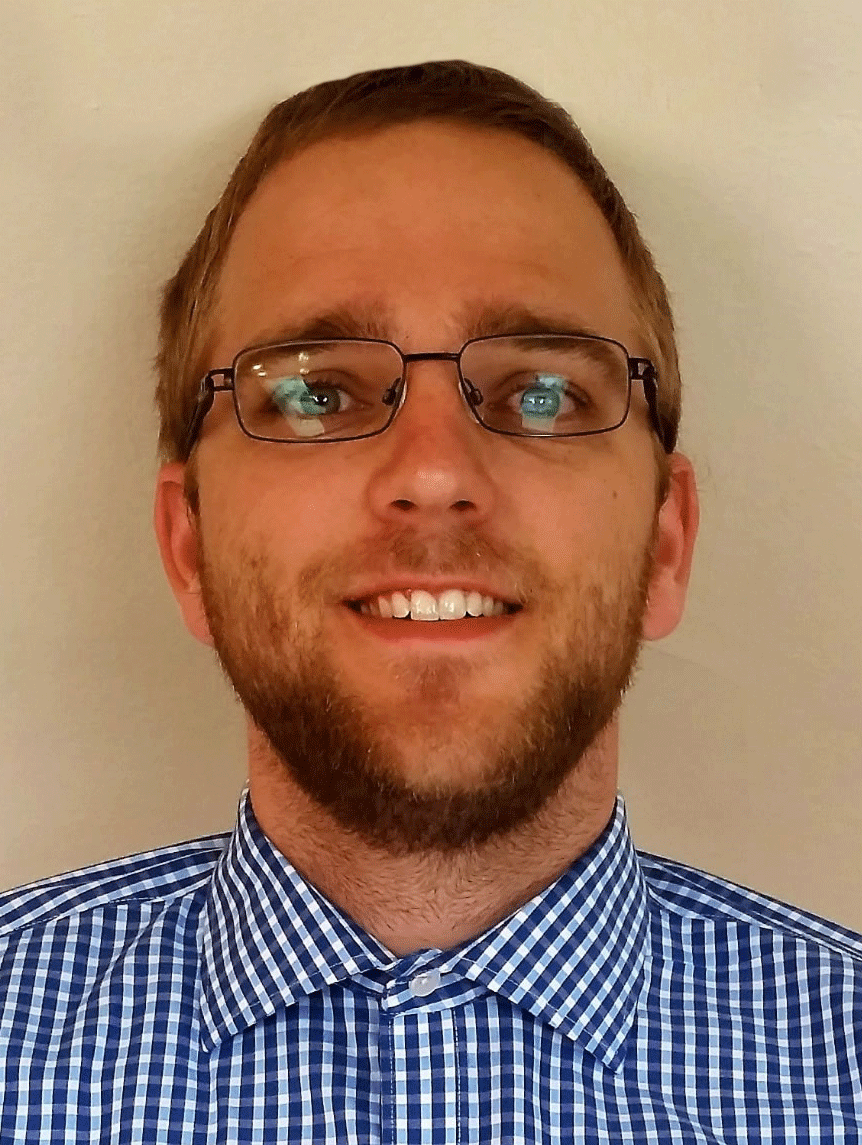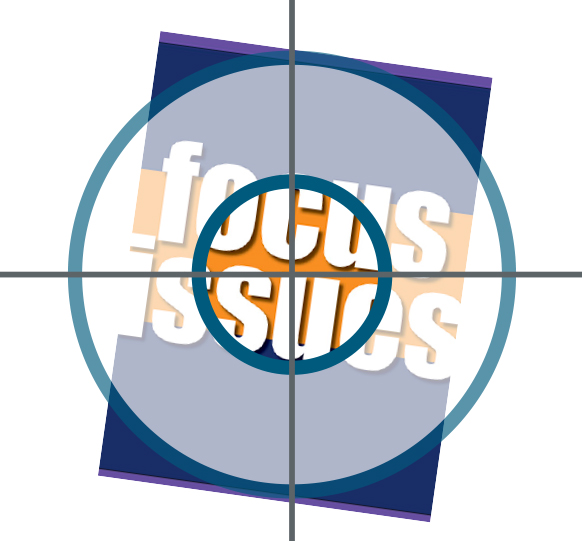 Submit your manuscripts to the ECS Journal of Solid State Science and Technology (JSS) Focus Issues on Semiconductor-Based Sensors for Application to Vapors, Chemicals, Biological Species, and Medical Diagnosis by February 14, 2018.
Submit your manuscripts to the ECS Journal of Solid State Science and Technology (JSS) Focus Issues on Semiconductor-Based Sensors for Application to Vapors, Chemicals, Biological Species, and Medical Diagnosis by February 14, 2018.
This JSS focus issue aims to cover various active or passive semiconductor devices for gas, chemical, bio and medical detection, with the focus on silicon, GaN, dichalcogenides/oxides, graphene, and other semiconductor materials for electronic or photonic devices. The scope of contributed articles includes materials preparation, growth, processing, devices, chemistry, physics, theory, and applications for the semiconductor sensors. Different methodologies, principles, designs, models, fabrication techniques, and characterization are all included. Integrated systems combine semiconductor sensors, electric circuit, microfluidic channels, display, and control unit for real applications such as disease diagnostic or environmental monitoring are also welcome.


 Within the next month, energy watchers expect the Federal Energy Regulatory Commission to act on an
Within the next month, energy watchers expect the Federal Energy Regulatory Commission to act on an 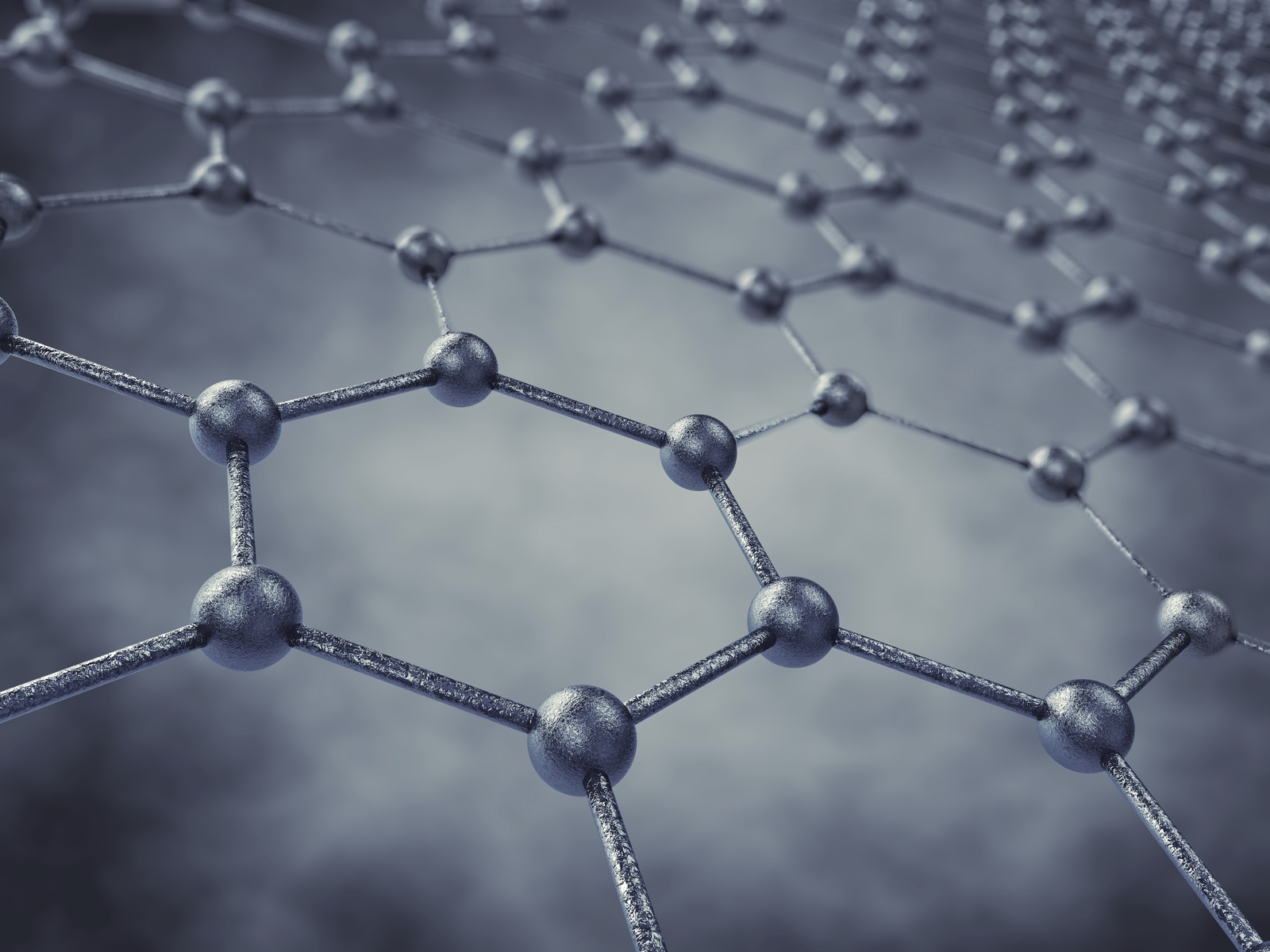 Pillared graphene would transfer heat better if the theoretical material had a few asymmetric junctions that caused wrinkles, report engineers.
Pillared graphene would transfer heat better if the theoretical material had a few asymmetric junctions that caused wrinkles, report engineers. A copyright battle between ResearchGate and a handful of publishing giants continues as the academic social network bends to pending legal pressure, restricting access to at least
A copyright battle between ResearchGate and a handful of publishing giants continues as the academic social network bends to pending legal pressure, restricting access to at least 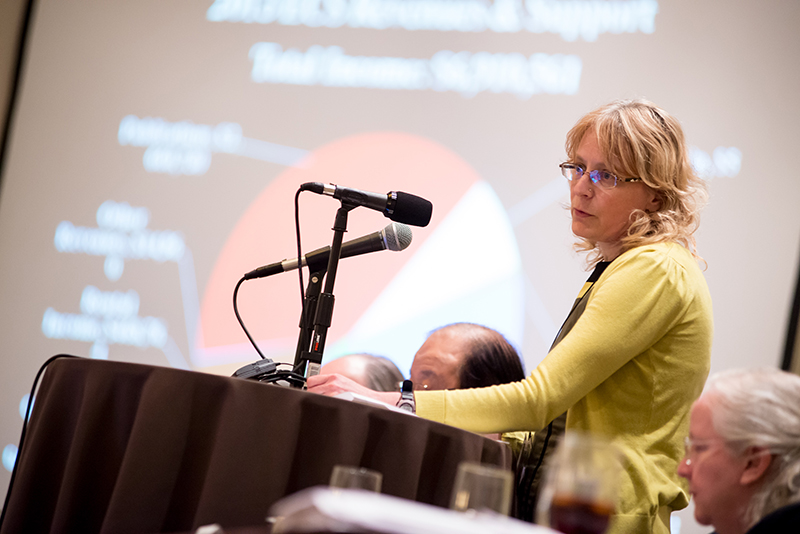 Don’t miss this opportunity to join us as ECS comes to the Seattle Sheraton and Washington State Convention Center in Seattle, WA from May 13-17, 2018, for our 233rd meeting.
Don’t miss this opportunity to join us as ECS comes to the Seattle Sheraton and Washington State Convention Center in Seattle, WA from May 13-17, 2018, for our 233rd meeting.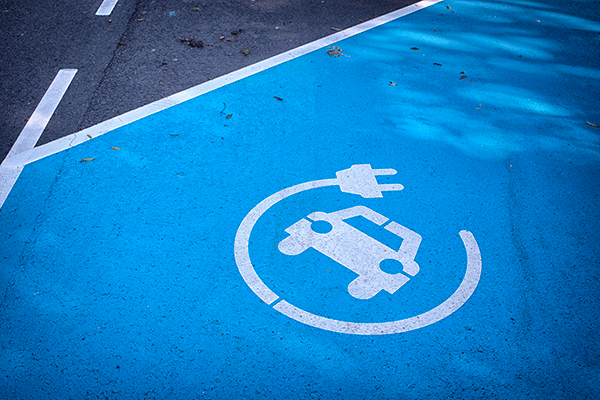 As sustainable technologies continue to expand into the marketplace, the demand for better batteries rises. Many researchers in the field are looking toward all-solid-state batteries as a promising venture, citing safety and energy density properties. Now, one company is looking to take that work from the lab to the marketplace.
As sustainable technologies continue to expand into the marketplace, the demand for better batteries rises. Many researchers in the field are looking toward all-solid-state batteries as a promising venture, citing safety and energy density properties. Now, one company is looking to take that work from the lab to the marketplace. New research is building a bridge from nature’s chemistry to greener, more efficient synthetic chemistry.
New research is building a bridge from nature’s chemistry to greener, more efficient synthetic chemistry.